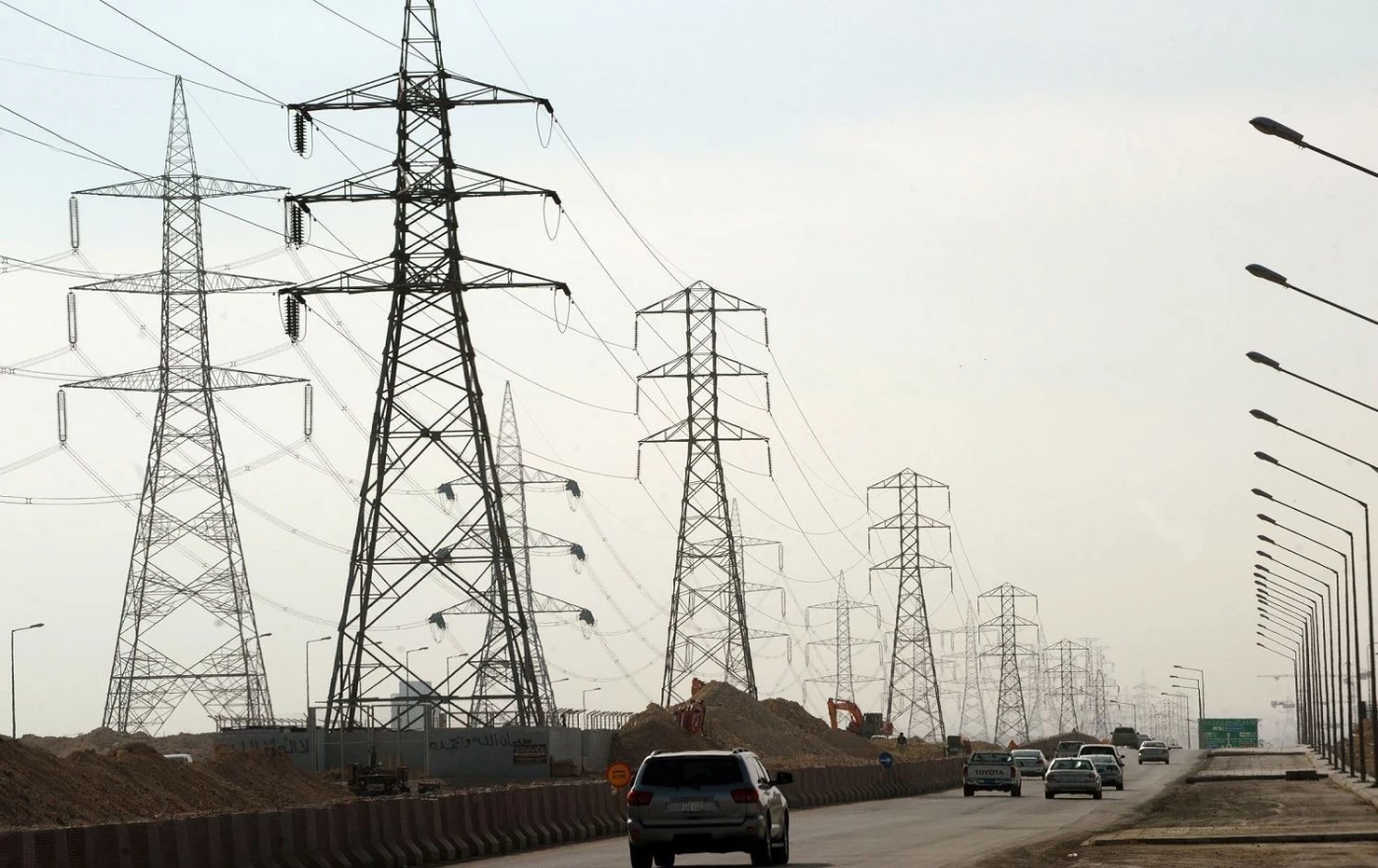ERBIL, Kurdistan Region of Iraq - Iraqi Minister of Electricity Ziad Ali Fadhil said on Sunday that they are studying a plan to increase Iraq’s power output by 10,000 megawatts.
“There are 10,000 megawatts under study, and there are two challenges facing us, the first is fuel and the second is the financial allocations necessary to implement such large projects,” Fadhil told Iraqi state media on Sunday.
Iraq’s power grid after the completion of maintenance and the return of natural gas is currently capable of producing 27,000 megawatts, Fadhil said, adding however, that the current actual output sits at 17,000 megawatts, while Iraq’s power demand is around 32,000 to 35,000 megawatts.
Fadhil added that they have contracts in place with General Electric (GE) and Siemens for annual maintenance of units, while hinting at future contracts with GE to add 750 megawatts to the Mansouriya station, the minister revealed that they are in the process of “an integrated study for 24,000 megawatts”
The Ministry of Electricity announced plans earlier in January to address chronic bottlenecks in electricity production by expanding transmission lines, commissioning new transformer stations, and pursuing regional energy interconnection projects.
Ahmed Mousa, a spokesperson for the ministry, said in January that Prime Minister Mohammed Shia’ al-Sudani reviewed the government’s efforts to rehabilitate Iraq’s electricity distribution networks and issued directives to improve services.
Sudani authorized the ministry to sign new contracts aimed at upgrading the power supply to citizens and to terminate agreements with contractors who fail to complete essential infrastructure projects.
Iraq has long relied on imports of electricity and gas from Iran, which account for between 30 to 40 percent of its energy needs, these imports are especially crucial during the summer months, when temperatures can reach 50 degrees celsius and energy demand peaks.
However, Iraq has faced difficulties paying for these imports due to US sanctions, which restrict payments to Iran to non-sanctioned goods such as food and medicine.



 Facebook
Facebook
 LinkedIn
LinkedIn
 Telegram
Telegram
 X
X


